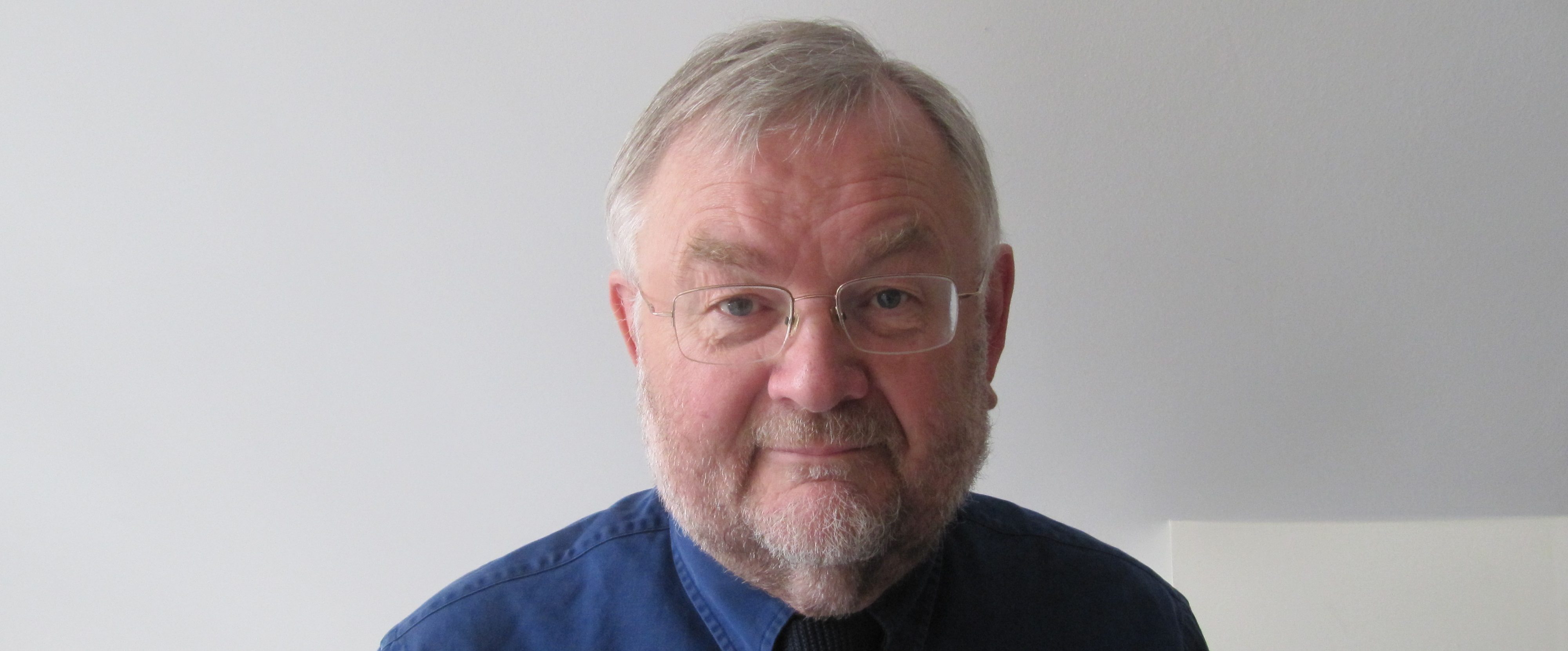Lot of kerfuffle at the moment about the US authorities demanding that Apple reveal the codes that conceal the calls made by a convicted terrorist. Many people argue that this is an invasion of privacy that should be resisted. This seems to me to make privacy an ultimate right, when there are many times that we know it isn’t. What the FBI is asking for is a digital search warrant. One tweeter said “this is a diktat”. Well, that’s what the law is, mate – an occasion when you have to do as you’re told, because without some ultimate power that end disputes, organised and civilized society would become unmanageable. Ask yourself this: where would you stand if a murderer refused to let police access his house to recover a blood-stained axe on grounds of privacy ?
In passing, is it not odd that we get an increasing emphasis, almost obsession, with privacy in a society where almost everything is out on the table, where employers can look at applicants Facebook pages, where software endlessly promises to let us ‘share’ information or contacts, where families publish their holiday snaps and students their holiday indiscretions for the world to see. This contrasts with initiatives like, for example, the ‘right to be forgotten’ which was enacted in Europe in 2014 and allows individuals to insist that references to them – not, I would guess, their Nobel Prize or Olympic gold medal – are deleted from the web. This is not utterly outrageous – we have had ‘spent convictions’ for many years in the UK that allows criminals to erase their court records after a period going straight – even if it is a right that seems to be being exercised by dodgy businessmen rather than victims of cyber attacks. But the major human right is the right to stay alive, and I guess that is what the FBI is trying to secure.
So, yup, I’m on the same side as Donald Trump here.
